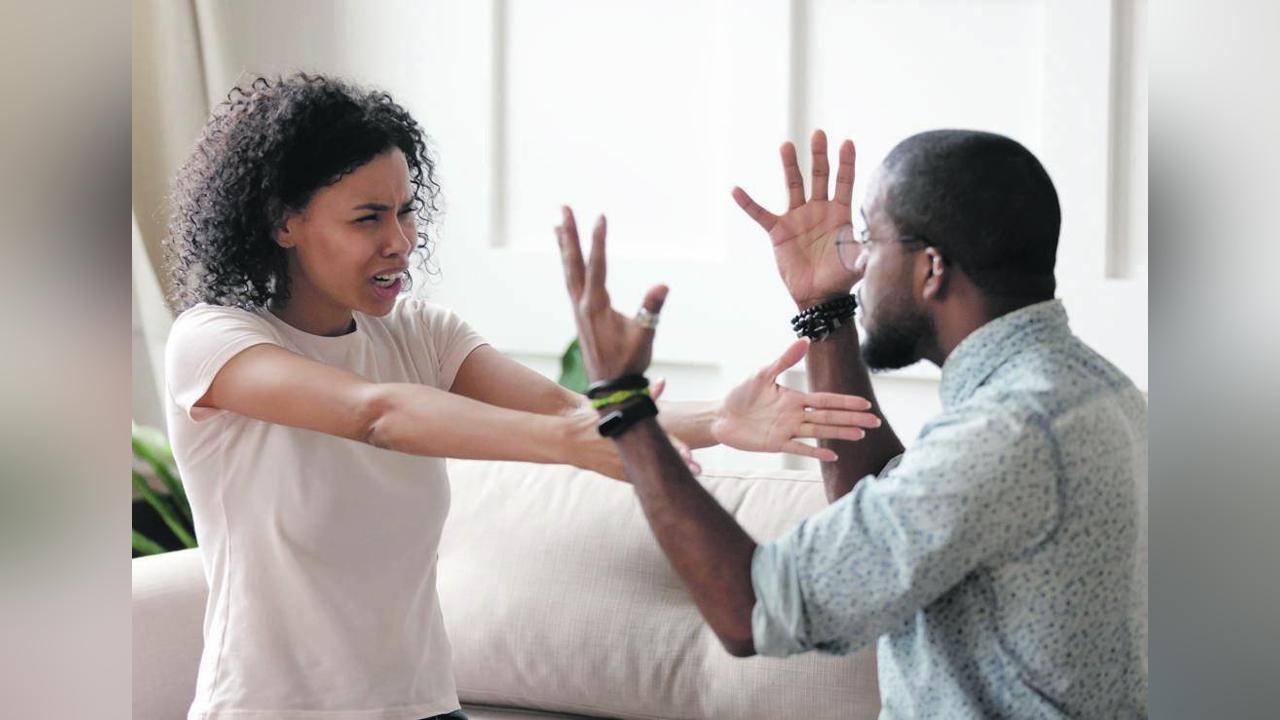Africa-Press – Lesotho. Lesotho continues to experience high levels of gender-based violence (GBV) which has left some women dead and others battling for a meaningful existence, according to the United Nations (UN) Resident Coordinator in Lesotho Amanda Khozi Mukwashi.
Speaking during a two-day amplification workshop on the 2gether 4 SRHR (Sexual Reproductive Health Rights) programme in Maseru this week, Mukwashi said the country loses over M1.9 billion per year in initiatives geared towards the fighting GBV. Mukwashi said negative coping mechanisms have resulted in increased cases of forced child marriages and unwanted teenage pregnancies.
“Lesotho spends about M1.9 billion a year on violence against women and girls, inclusive of health care and social services which also points out that the country has the third highest sexual rape against women and girls per capita in the world and Lesotho spends millions on that,” she said.
GBV is a challenge that needs a multi-sectoral approach in addressing it, and that the country needs to strengthen relationship skills, strengthen positive family relationships, facilitate access to post-GBV care services, build capacity to respond and focus on children and adolescent girls and young women, she stated.
“They need health care and additional psycho-social support while children drop out of school because of issues of violence.
This is where victims and families also suffer as they also covered costs of treatment and, in some instances, funeral costs where deaths occurred as a result of GBV.
On behalf of the Ministry of health, Principal Secretary Khothatso Tšooana noted that indispensable health service delivery was affected and slowed down during the Covid-19 pandemic. These serviced included sexual reproductive health (SRH), HIV and GBV.
Tšooana added that GBV, together with the vulnerabilities that have been brought by the Covid-19 pandemic and the high levels of HIV and TB, maternal mortality and limited access to sexual health and reproductive services, have compounded the situation that women and girls face in the country.
He added that “this is why it is important for us to bring the spotlight and focus on the need for women and girls, regardless of age, disability, rural/urban, or social economic status background, to be at the centre of all sustainable development action.
” Speaking at the same event the District Administrator Mokhotlong, Serame Linake, said such gatherings needed to be held regularly because participants get well informed.
and now that I have seen how my district performs looking at the statistics in terms of GBV and SRH, I will now be able to work on ways to get a positive feedback.
” The workshop was aimed at improving the sexual and reproductive health and rights of all people in Lesotho, particularly women, adolescent girls, young people and key populations.
Present stakeholders included the UN agencies, the Ministry of Health, civil society organisations, the country’s District Administrators, the National University of Lesotho and National Health Training College.
2gether 4 SRHR is a comprehensive regional programme with applied learning in ten countries, funded by the Regional SRHR Team of Sweden.
The programme aims to improve the sexual and reproductive health and rights (SRHR) of all people in East and Southern Africa, particularly adolescent girls, young people and key populations, by promoting an integrated approach to SRHR, HIV and gender-based violence. Fostering the ‘Delivering as One’ UN agenda, the programme combines the unique strengths and contributions of UNAIDS, UNFPA, UNICEF and WHO.
It is implemented in partnership with Regional Economic Communities, civil society organisations, including people living with HIV, adolescents and young people, men who have sex with men, lesbian, gay, bisexual, transgender, queer, asexual and intersex persons, and sex workers.
The programme aims to fast-track the attainment of the 2030 targets of Sustainable Development Goal (SDG 3) to improve the health and well-being for all at all ages, and SDG 5, to achieve gender equality and empower all women and girls.
For More News And Analysis About Lesotho Follow Africa-Press






